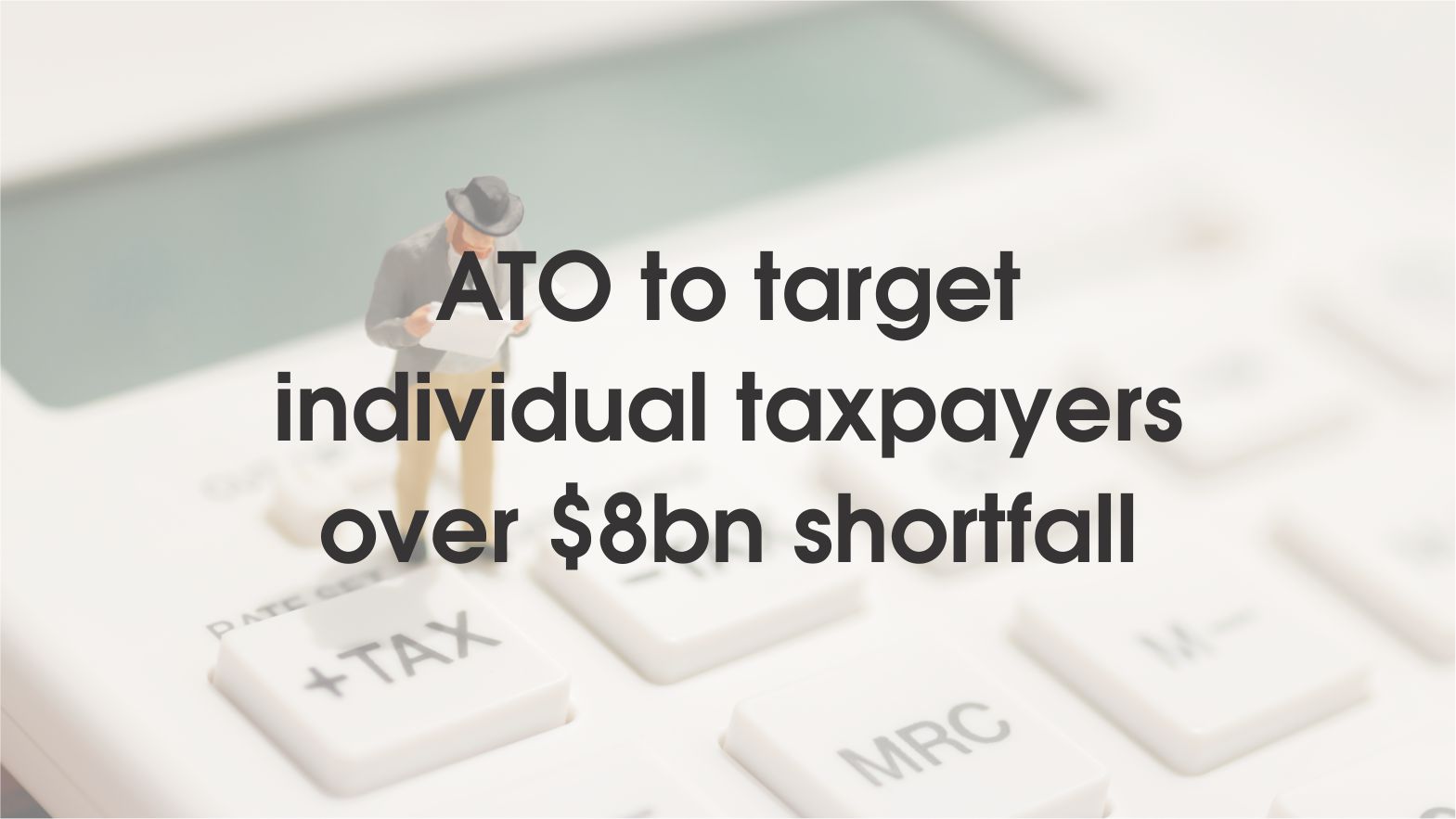ATO to target individual taxpayers over $8bn shortfall
Work expenses, omitted income and rental property claims have been called out as key ATO targets to narrow the $8 billion-plus gap between what individuals pay in tax and what the office believes they owe.
The three focus areas would be subject to increasing data scrutiny with special attention on the 90 per cent of rental claims that needed adjustment, according to ATO Second Commissioner Jeremy Hirschhorn.
Mr Hirschhorn, speaking at last week’s Tax Summit, called upon the “tax community” to help shift Australia’s attitude towards maximising returns through “creative” claims or shopping around for the most aggressive agents.
“This year, we estimate that individuals are paying about 94 per cent of the tax they should be at lodgement, so prior to any intervention,” he said.
“But there are three areas where we, and that’s the Tax Office and the tax advisory community, need to shift the dial on community attitudes and behaviours to have a lasting impact.”
“First we need to create a common community understanding about what is an allowable work-related expense claim.
“Incorrect claims in this area account for almost $4 billion of the tax gap — almost half the total tax gap related to individuals.
“We see that many claims are an optimistic characterisation of personal expenses as work-related, although they’re also a component of even more creative claims.”
He called upon tax agents to work with the ATO to cultivate a common understanding about which claims should be allowable and “shift the culture so the clients don’t shop around for agents to get them the biggest returns”.
“We recognise that for the vast bulk of advisers, you’re seeking to achieve the Goldilocks spot. You want to give your clients good, solid advice that is neither overly aggressive but is also not overly conservative. We understand that at the ATO and we want to help you get that balance right. We do not expect advisers to be tame.”
He said the second problem area was omitted income, particularly cash wages and income from the sharing economy and various gigs, which the ATO estimated to be worth $1 billion a year in unpaid tax.
But most problematic was the third category, property investments, “Which covers the full spectrum from true investment properties through to holiday homes which are occasionally rented out”.
“We estimate this contributes about $1 billion to the net tax gap,” Mr Hirschhorn said.
“In our work today in relation to 2021 tax returns, over 2 million rental property owners declared over $45 billion in income and about $43 billion in expenses. “The random inquiry program that we applied to those claims that helped determine our estimate of the tax gap showed that nine out of 10 returns reporting net rental income require an adjustment.
“This is startling and clearly something we need to address. And really, I think in this area, often it is asking one or two further questions. For example, has there been a refinancing or redraw from that investment?”
He said data on the rental industry was starting to bridge the gap.
“We don’t have comprehensive data. But we do have enough data to show to people to say, well we know that at least you had this amount of rental income, we know these are the rental expenses that you ran through your rental manager, this is a good start for your tax return.”
Blog Credit : Accountants Daily

